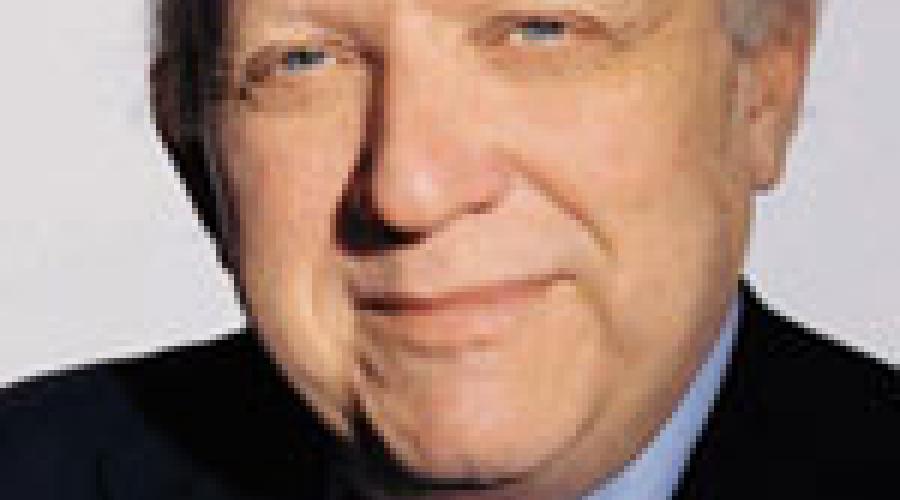
Concept of Liberty
At the young age of 16, Floyd Abrams A&S '56, now regarded as one of the country's top constitutional lawyers, began his undergraduate education at Cornell University.
"I often say, I grew up at Cornell."
Monday, Abrams, a graduate of the College of Arts & Sciences, returns to the university to deliver the Milton Konvitz Memorial Lecture at the ILR School. Free and open to the public, the event begins at 4 p.m. in 105 Ives Hall.
He'll be talking about one of his favorite topics, something he started to take an interest in during his Cornell years – First Amendment rights. The title of his lecture is "The Citizens United Case: Dissenting from the Dissenters."
The controversial case involves Citizens United, a nonprofit corporation. It sought an injunction to distribute its documentary, "Hillary: The Movie," free of charge through video on demand in 2008. The film expressed opinions on Clinton’s ability to be a good president.
In what some have called a "blockbuster" and "infamous" decision, the U.S. Supreme Court ruled in favor of Citizen's United, saying that the First Amendment banned government from restricting political expenditures by corporations and unions.
"During the lecture, I plan to show a piece of the documentary. I thought people might like to see what started the controversy and what the previous statute would have prohibited."
Abrams' distinguished career began after he graduated from Yale Law School in 1960. His interest in First Amendment issues really took hold as he met more journalists in the 1960s and began to better understand the important social role they play.
He's been involved in many historic cases, including The New York Times Co. v. United States, better known as the Pentagon Papers case.
In this case, the government attempted to prevent The New York Times and The Washington Post from publishing portions of a secret government study on the Vietnam War.
"I served as co-counsel alongside one of my Yale professors, who was chief counsel. I was ready to defend The New York Times against the government."
The Supreme Court ruled in favor of the Times, and the case was hailed as a major victory for freedom of the press.
"This was a very significant case. If we had lost, I think we’d be living in a rather different country now."
As he prepares for the annual Konvitz Lecture, Abrams says he remembers what it was like to be at Cornell when Konvitz was teaching here.
"He (Konvitz) had only been at Cornell a few years before I arrived, and his name was already the stuff of campus legend. If you talked to anyone in Arts & Sciences or ILR who had heard his lectures, they would tell you, they were in awe."
While Abrams can't say for sure how Konvitz would have felt about the Citizens United ruling, he does think he would have found the subject very interesting.
"Professor Konvitz deeply believed in individual liberty. When he wrote about the Bill of Rights, the single most important word he used was 'liberty.'"
"I will be using this concept of liberty as a stepping-off point for my lecture," he says.
Currently, Abrams is working on a brief that will be filed just days after his lecture relating to the Citizens United case. The Supreme Court will be rethinking the case, based on a recent state of Montana ruling that says the highest court's decision does not apply to state laws and elections.
In his brief, Abrams said, he will include data showing that, since the ruling, there has been very little corporate political spending. This, he says, contradicts the primary fear expressed by people outraged by the Supreme Court decision.
"I hope those who attend the lecture and learn more about this case will see that this is a subject that reasonable people can disagree about. There’s been so much overheated criticism, which I think has prevented serious and thoughtful discussion about the issues."
A positive outcome of the Citizens United case, he believes, is that more people in more states have been participating in public discourse.
"We live in a country that prides itself on the degree of protection we have for free speech. It's our greatest export to the world."


